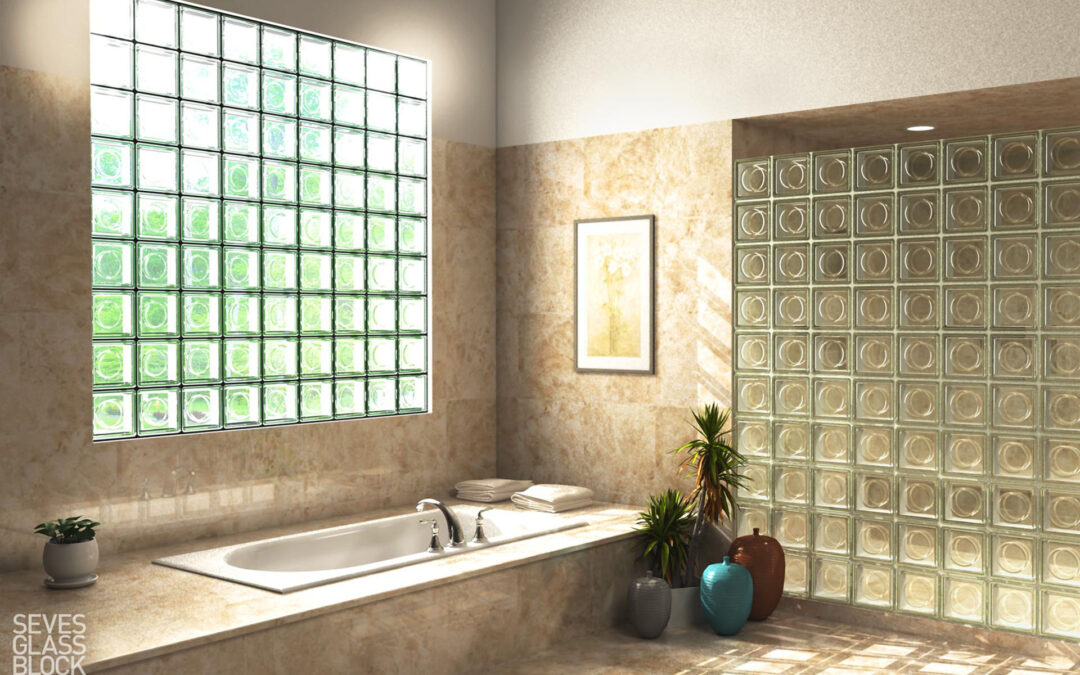Glass bricks, also known as glass blocks, are a versatile and aesthetically pleasing material used in various architectural designs. They provide not only structural integrity but also enhance light and privacy, making them a popular choice in both residential and commercial construction. Choosing the right glass bricks for a building project requires understanding the different types, their properties, and the appropriate applications. This guide offers comprehensive insights into selecting the perfect glass bricks to meet your construction needs.
Understanding Glass Bricks
Glass bricks are crafted from two separate halves that are pressed and annealed together, creating a hollow center. This design traps air inside, providing excellent insulation properties. Glass bricks are known for their ability to diffuse light while maintaining privacy, making them ideal for areas where natural light is desired without compromising on seclusion.
Types of Glass Bricks
Clear Glass Bricks: These bricks offer maximum light transmission, creating bright and airy spaces. They are perfect for interior spaces like bathrooms and kitchens where natural light is essential but privacy is also a concern.
Frosted Glass Bricks: Offering a balance between light diffusion and privacy, frosted glass bricks are ideal for external walls and shower enclosures. They soften the incoming light, reducing glare while ensuring privacy.
Colored Glass Bricks: Available in various colors, these bricks add a decorative touch to any space. They are used to create striking façades, feature walls, or as accents within a room.
Patterned Glass Bricks: These bricks come with textured surfaces that distort and diffuse light in unique ways. They are excellent for creating visual interest in a space while maintaining functionality.
Factors to Consider When Choosing Glass Bricks
Light Transmission and Privacy: Consider the amount of natural light you want to bring into the space and the level of privacy required. Clear glass bricks are best for maximum light, while frosted or patterned bricks are better for higher privacy needs.
Thermal Insulation: Glass bricks provide good insulation due to the air trapped within. For enhanced energy efficiency, look for bricks with higher insulation ratings, especially in climates that experience extreme temperatures.
Sound Insulation: If noise reduction is a priority, especially in busy urban areas or for rooms facing streets, select glass bricks that offer soundproofing qualities. These are typically thicker and have better acoustic properties.
Safety and Security: For areas where security is a concern, consider using glass bricks that are reinforced or have added security features. Tempered glass bricks, for example, are much tougher and shatter-resistant.
Load-Bearing Capacity: While glass bricks can support certain loads, they are generally not used as load-bearing walls unless specifically designed for that purpose. Consult with an engineer to understand the structural implications of using glass bricks in your project.
Installation Considerations
Framing and Support: Glass bricks cannot be cut, so they must be installed within a frame or supported by a structure that has been accurately measured and built. The frame or support structure must accommodate the specific dimensions of the glass bricks.
Mortar and Sealants: Use a high-quality, flexible mortar that can absorb the thermal expansion and contraction of glass bricks. The mortar should be suitable for both the weight of the glass bricks and the environmental conditions of the installation site.
Ventilation: While glass bricks are excellent for privacy and light, they do not provide ventilation. In areas where ventilation is required, consider integrating vents or other openings into the design.
Professional Installation: Given the weight and the specific installation requirements of glass bricks, it is advisable to hire professionals experienced in working with this material. Proper installation ensures the durability and effectiveness of the glass bricks.
Maintenance and Care
Glass bricks are low maintenance and easy to clean. Regular cleaning with a mild detergent and water will keep the bricks looking clear and bright. Avoid abrasive cleaners that can scratch the glass. Periodic inspection of the mortar and sealants can help prevent moisture ingress and maintain the structural integrity of the installation.
Conclusion
Glass bricks offer a unique combination of aesthetics, functionality, and performance that can enhance any building project. By considering the type of glass brick, its properties, and the specific needs of your project, you can select the right product that not only meets but exceeds expectations. Whether you are constructing a new building or renovating an existing space. Glass bricks can provide an innovative and practical solution that brings light, privacy, and style to your design.

